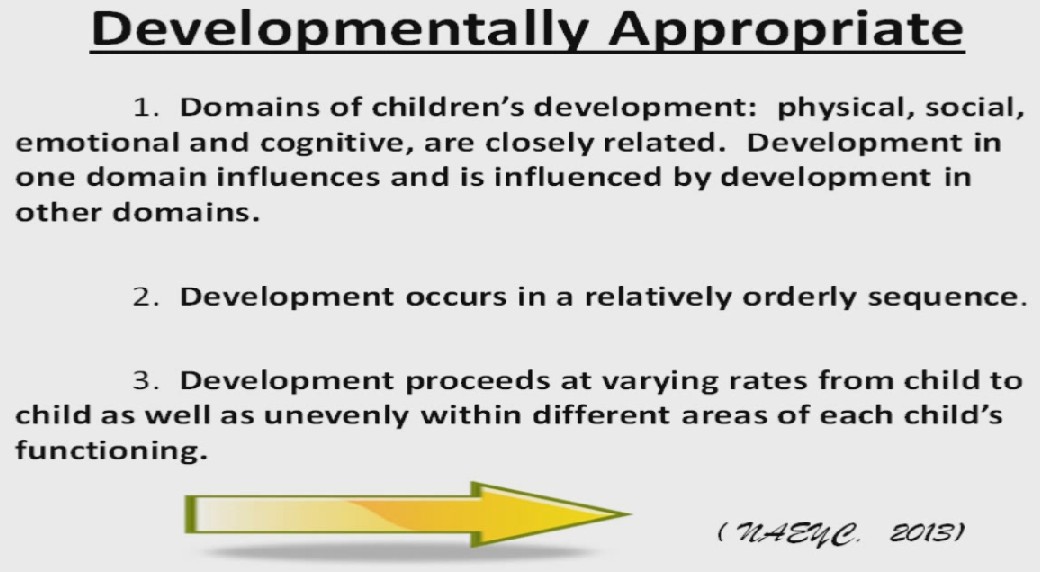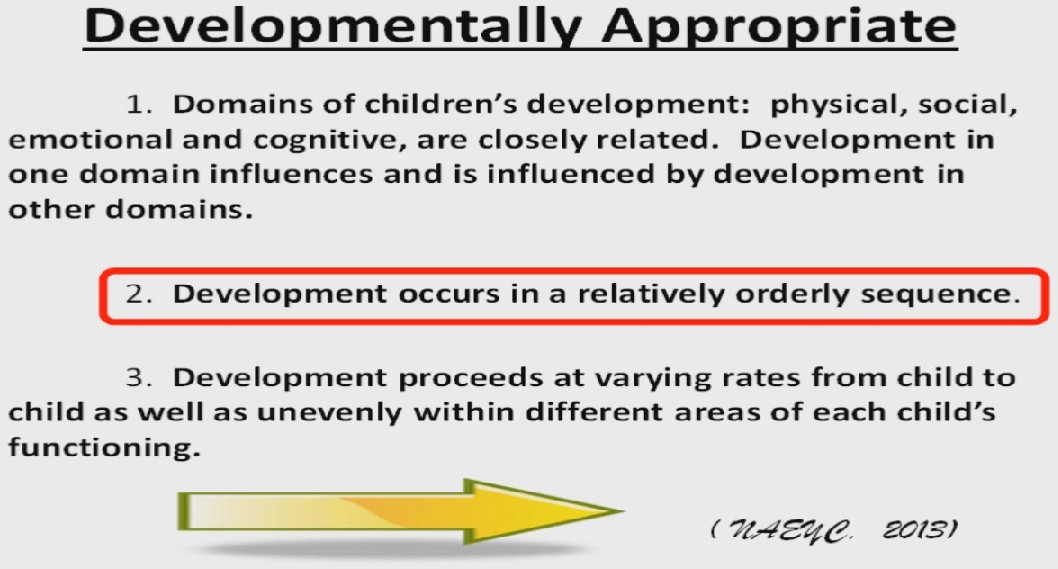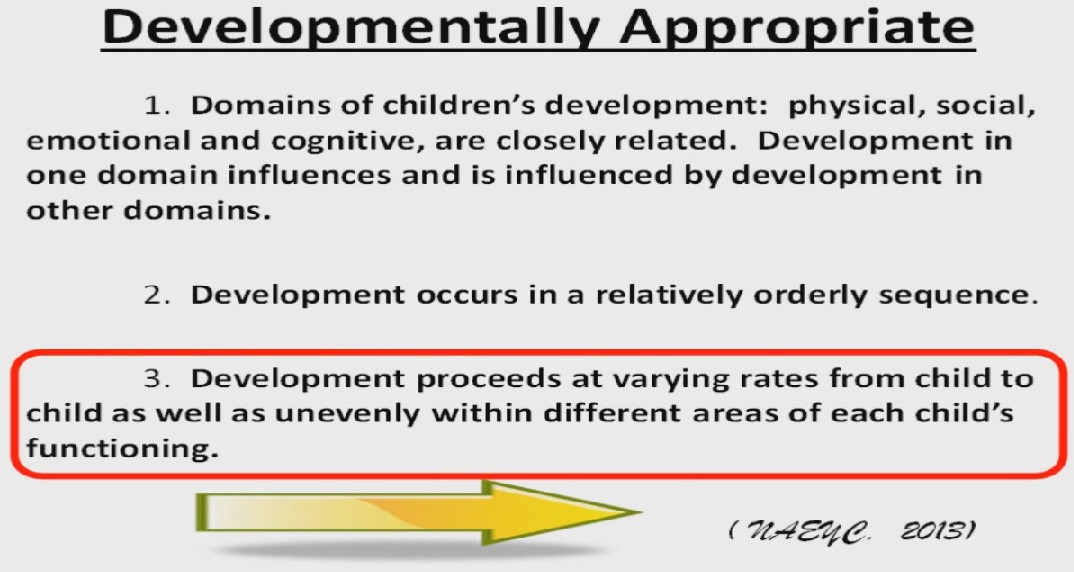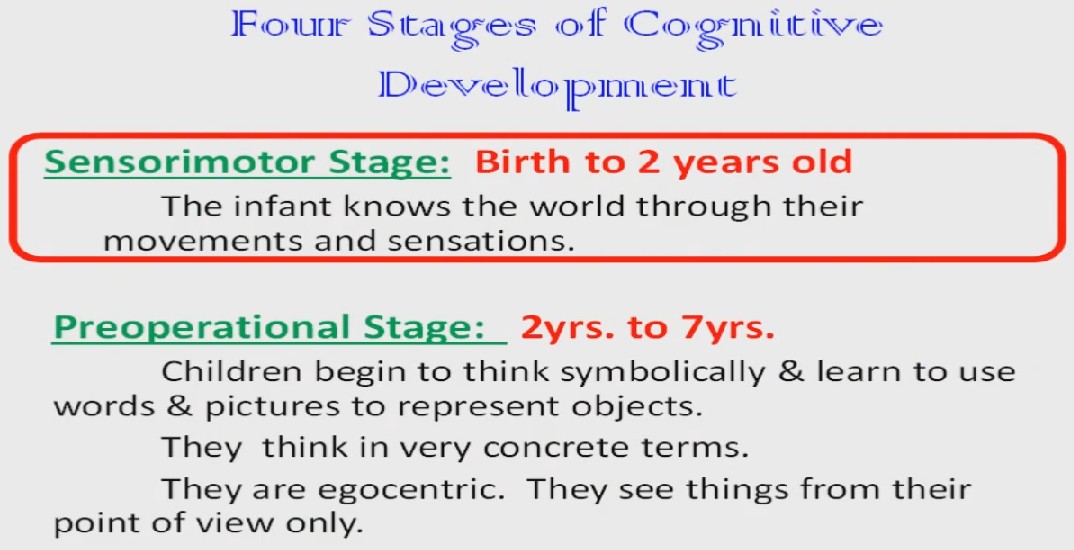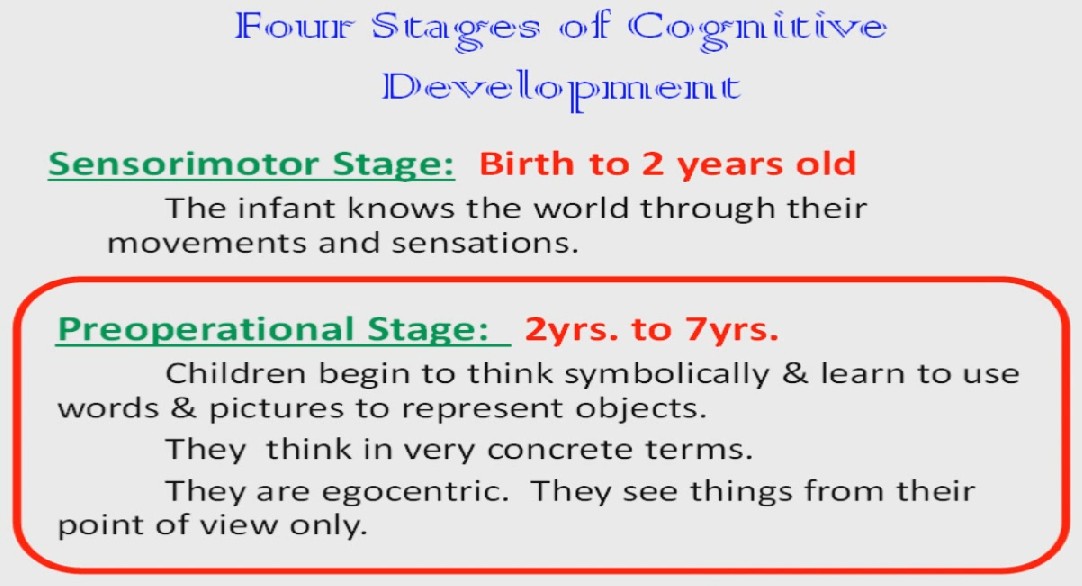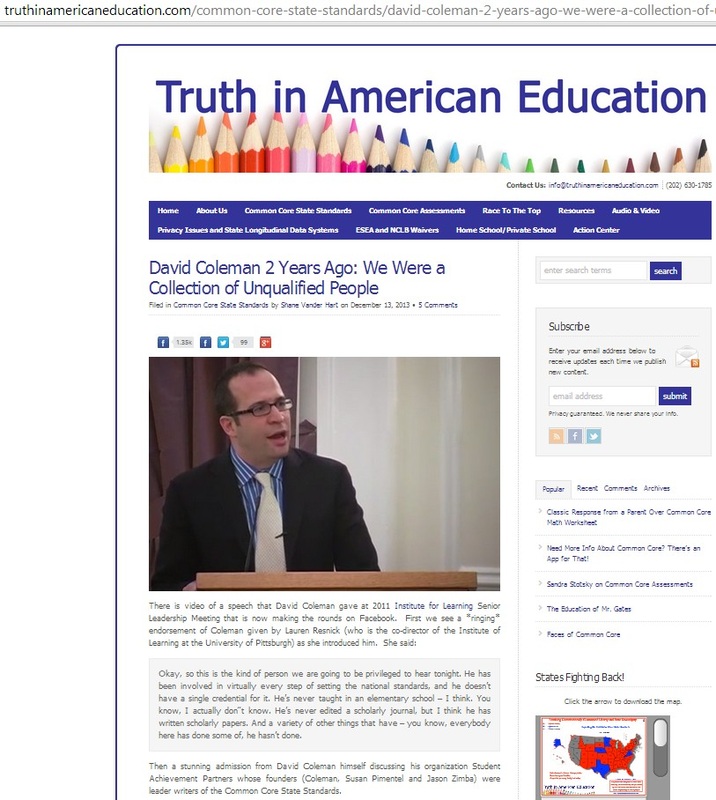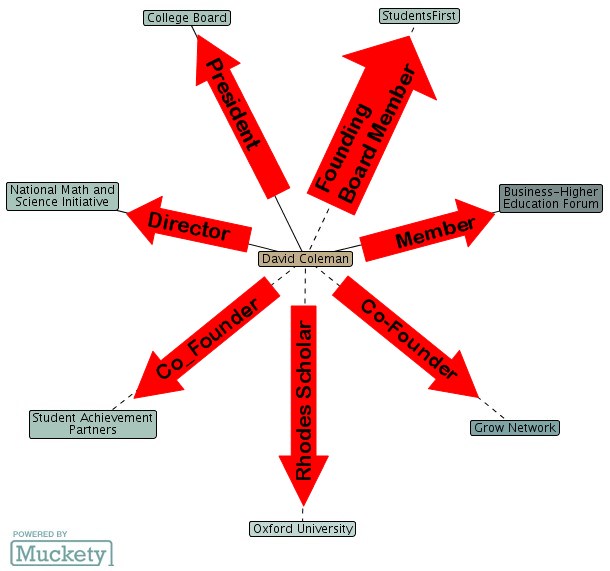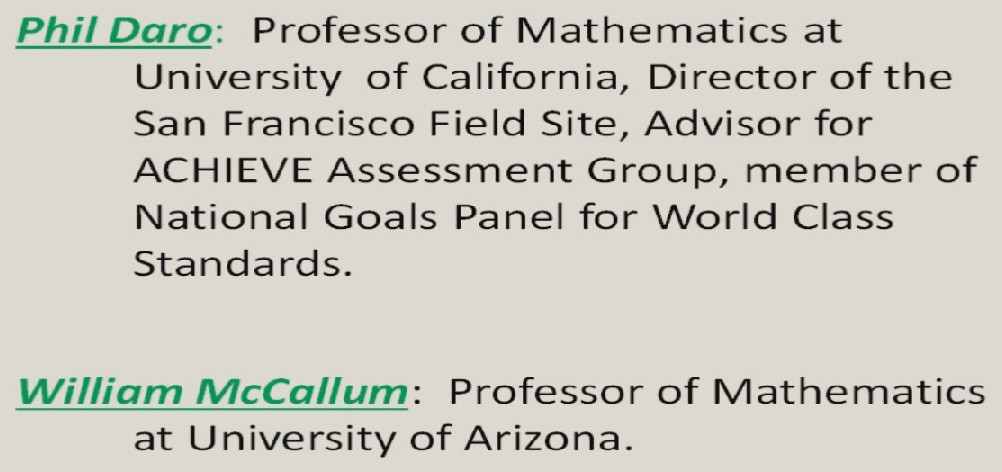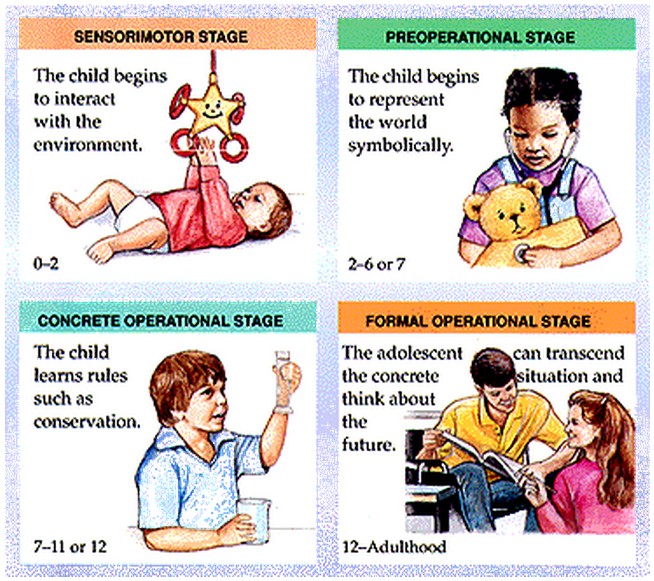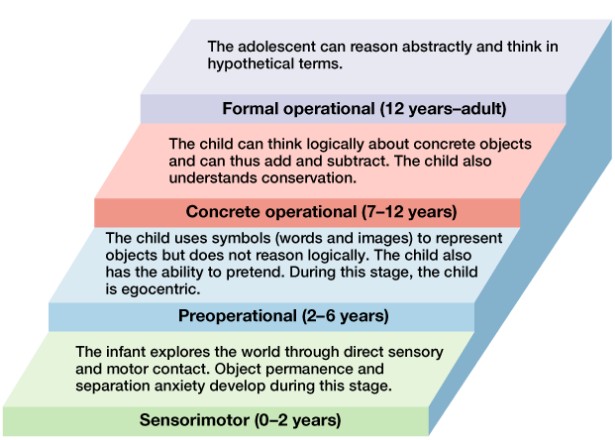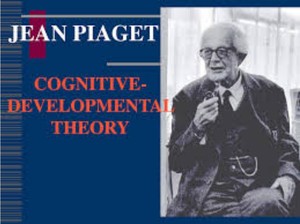|
Donita Brown Speaks on the Four Stages of Cognitive Development
Jean Piaget's Theory of Cognitive Development a comprehensive theory about the nature and development of human intelligence, first developed by Swiss developmental psychologist Jean Piaget (1896–1980). It is primarily known as a developmental stage theory but, in fact, it deals with the nature of knowledge itself and how humans come gradually to acquire, construct, and use it. To Piaget, cognitive development was a progressive reorganization of mental processes as a result of biological maturation and environmental experience. Accordingly, children construct an understanding of the world around them, then experience discrepancies between what they already know and what they discover in their environment.[1] Moreover, Piaget claimed the idea that cognitive development is at the center of human organism, and language is contingent on cognitive development. Below is a short description of Piaget's views about the nature of intelligence, followed by a description of the stages through which it develops until maturity.
Source: http://en.wikipedia.org/wiki/Piaget's_theory_of_cognitive_development Lev Semyonovich Vygotsky (Russian: Лев Семёнович Вы́готский or Выго́тский, born Лев Симхович Выгодский (Lev Simkhovich Vygodsky)) (November 17 [O.S. November 5] 1896 – June 11, 1934) was a Soviet Belarusian psychologist, the founder of a theory of human cultural and biosocial development commonly referred to as cultural-historical psychology, and leader of the Vygotsky Circle.
Vygotsky's main work was in developmental psychology, and he proposed a theory of the development of higher cognitive functions in children that saw the emergence of the reasoning as emerging through practical activity in a social environment. During the earlier period of his career he argued that the development of reasoning was mediated by signs and symbols, and therefore contingent on cultural practices and language as well as on universal cognitive processes. Vygotsky also posited a concept of the Zone of Proximal Development, often understood to refer to the way in which the acquisition of new knowledge is dependent on previous learning, as well as the availability of instruction. During his lifetime Vygotsky's theories were controversial within the Soviet Union. In the 1930s Vygotsky's ideas were introduced in the West where they remained virtually unknown until 1970s when they became a central component of the development of new paradigms in developmental and educational psychology. While initially Vygotsky's theories were ignored in the West, they are today widely known, although scholars do not always agree with them, or agree about what he meant. The early 21st century has seen a trend towards reevaluating scholarly understandings of many of Vygotsky's central concepts and theories. Source: http://en.wikipedia.org/wiki/Lev_Vygotsky
Substance News Defending the Public Schools for Over 30 Years
Link: http://www.substancenews.net/articles.php?page=2716§ion=Article
NYC Public School Parents
Independent voices of New York City public school parentsParents shut out once again: Contracts for Excellence process in violation of state law Link: http://nycpublicschoolparents.blogspot.com/2011/10/parents-shut-out-once-again-contracts.html McGraw-Hill Education Acquires Grow Network Establishes Leadership Position in Assessment Reporting and Customized Content http://investor.mhfi.com/phoenix.zhtml?c=96562&p=irol-newsArticle&ID=592486&highlight !!! YES !!! I am still researching the material... Thank you for your patients. xoxoxoxo |
Quoted Text,
David Coleman 2 Years Ago: We Were a Collection of Unqualified People and... "Then a stunning admission from David Coleman himself discussing his organization Student Achievement Partners whose founders (Coleman, Susan Pimentel and Jason Zimba) were leader writers of the Common Core State Standards." Quoted Text, "CHICAGO – Referred to as ‘Common Core lead standards authors’ by the Council of Chief State School Officers (CCSSO), David Coleman and Jason Zimba are just two in a long list of Common Core creators whose academic roots are with the education-for-a-revolution machine borne by Annenberg Institute, Carnegie Corporation, Bill Gates, et al."
Article by Common Core Education Without Representation, "Top Ten Scariest People in Education Reform: # 9 – David Coleman" Link: http://whatiscommoncore.wordpress.com/2013/03/21/top-ten-scariest-people-in-education-reform-9-david-coleman/
Suspect Common Core Standards Linked to StudentsFirst Former Board Members by American Thinker Link: http://www.americanthinker.com/blog/2013/03/suspect_common_core_standards_linked_to_studentsfirst_former_board_members.html#.UUkTCyJvIaY.email#ixzz2O62fGLq3
Jason Zimba and Quoted Text, "co-founded the Grow Network with Coleman,"
Top Ten Scariest People in Education Reform
|
Piaget's Stages of Development (Child Cognitive Development Stages)
http://tutordelight.com/child-cognitive-development-stages
http://tutordelight.com/child-cognitive-development-stages
Piaget Stages of Development
Piaget acknowledged that some children may pass through the stages at different ages than the averages noted above and that some children may show characteristics of more than one stage at a given time. But he insisted that cognitive development always follows this sequence, that stages cannot be skipped, and that each stage is marked by new intellectual abilities and a more complex understanding of the world.
Piaget acknowledged that some children may pass through the stages at different ages than the averages noted above and that some children may show characteristics of more than one stage at a given time. But he insisted that cognitive development always follows this sequence, that stages cannot be skipped, and that each stage is marked by new intellectual abilities and a more complex understanding of the world.





